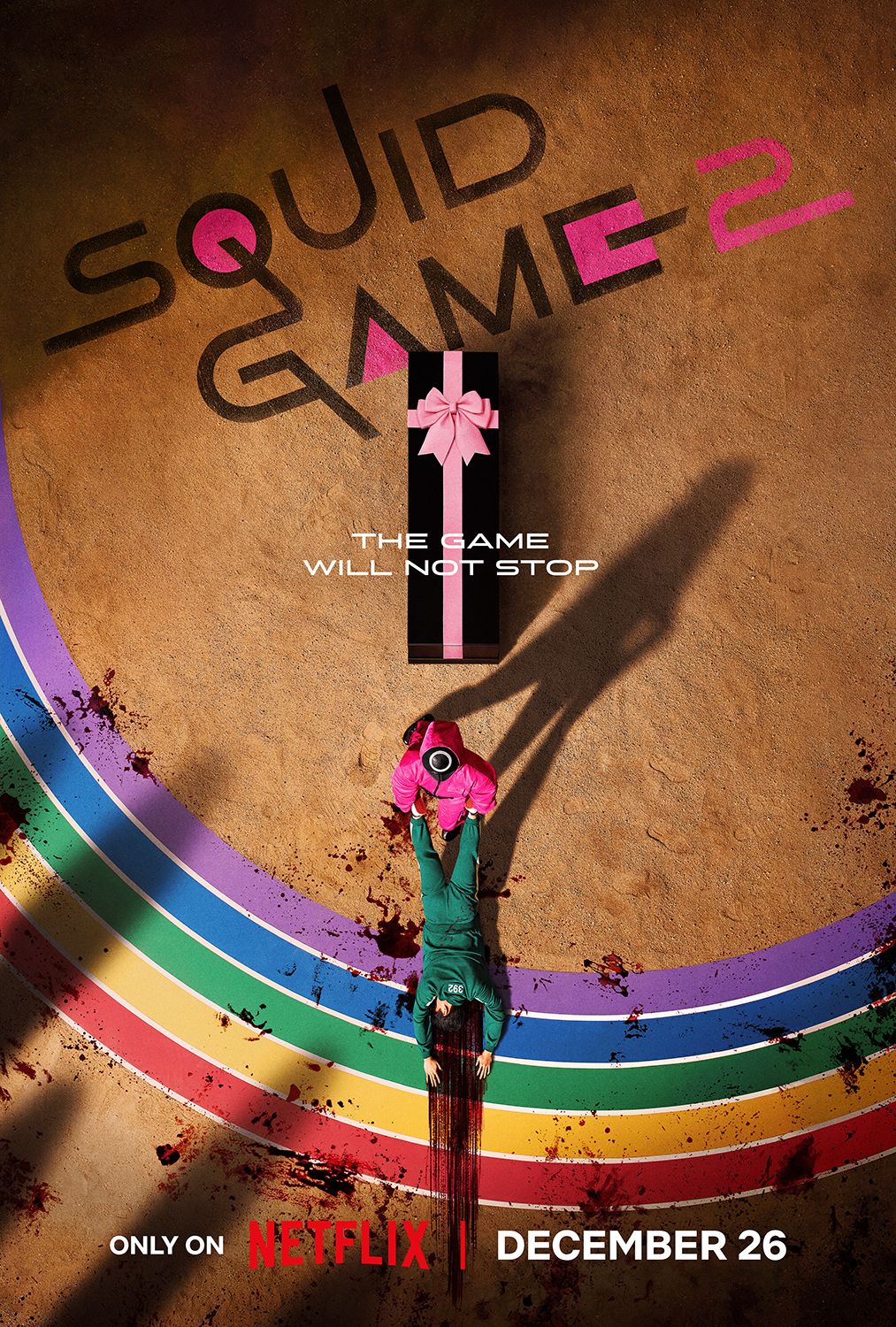
From class divisions to the desperation inherent in each player’s backstory, Squid Game does have many (unfortunately) relatable elements. But taking this a step further and wondering if the premise is based on a true story is just too barbaric to contemplate. Yet a recent viral TikTok has claimed that it is. The video has disturbing images in the background and overlaying text that reads: “Squid Game was based on a true story (1986). It took place in a bunker underground in no man’s land, where people were held hostage and had to complete several games to survive. The host with un-human-like thoughts were never found.”
While some theorize “No Man’s Land” could be referring to the unoccupied Demilitarized Zone between South and North Korea, the general consensus is that the claim is not true as there is no real evidence to substantiate it. However, the pictures used in the video’s background do tell a different horrifying tale that could be related to the twisted Korean series, though creator Hwang Dong-hyuk has never confirmed that he was directly inspired by these events. The photo includes a number of people in blue training suits with masks, and it is of an infamous concentration camp in South Korea from the 1980s called “Hyungje Bokjiwon” or “Brothers Home,” but it was also frequently referred to as “Korea’s Auschwitz.”
‘Squid Game’ Reminds Us of the Horrifying True Story of Brothers Home
Though the origins of the specific picture in the TikTok video are elusive, it resembles those collected by Brothers Home Welfare Center Incident Countermeasures Committee via Aljazeera. Either way, the events around the Brothers Home are repulsive and spine-tingling enough to draw parallels with the egregious premise of Squid Game. In 2020, BBC Korean did a deep-dive into the concentration camp and interviewed a survivor, Han Jong-sun, who was taken in at merely 8-years-old in 1984. In fact, many of the prisoners were children, and they were held captive for up to 3 years until it was shut down in 1987, after 30 inmates escaped and exposed these horrors to the world.
After the Korean War in the 1950s, South Korea was finally booming in the 1980s, but with the prospect of international attention due to the 1986 Asian Games and the 1988 Seoul Olympics, there was a focus on re-branding. A letter in 1981 between the President and the Prime Minister of that time revealed the disturbing words that would later incite the nation’s efforts in social purification: “crack down on begging and take protective measures for vagrants.” Subsequently, a series of “welfare centers” opened up where “vagrants” were arbitrarily taken for a year to be reformed — that was the idea on paper.
In reality, many prisoners, including Jong-sun, were interned for over that faux-time limit, and reformation seemed to be the last thing on their captors’ minds. Instead, they were ruthlessly tortured throughout the years, physically, psychologically, and sexually. The cries of people in pain and dropping dead were a daily constant for Jong-sun and his fellow captives, describing the facility as “hell.” Moreover, despite the branding of “social purification,” only an estimated 10% of the prisoners were actually homeless, as police officers were rewarded for sending people to the camp, and no checks and balances were ever really employed. To this day, nobody has really been held accountable for the horrors that occurred within its walls.
‘Squid Game’s Directors Adds Real Elements to the Show
Between targeting the lower-class and putting them through “hell,” there are clear parallels between the brutal accounts of Brothers Home and Squid Game. Even the idea of using children’s games echoes the heinous fact that children were held at the concentration camp. While Dong-hyuk wasn’t directly inspired by these events, he tells Korea Times that he does blend real-life elements to these wildly fictional games to increase the sense of believability. “The series’ games that participants go crazy over align with people’s desires to hit the jackpot with things like cryptocurrency, real estate, and stocks,” he explains. “So many people have been able to empathize with the story.” The pitfalls caused by chasing money, whether that be of wanton greed or dire necessity, is something many can unfortunately relate to, making the players’ individual stories feel credible.
Gi-hun’s (Lee Jung-jae) backstory, in particular, highlights this association with real life, as it includes a defining incident that was based on a true event. His poverty is due to being laid off by Dragon Motors after an arduous sit-in strike, which is the fictional counterpart of the real lay-offs made in 2009 at Ssangyong Motor Company, according to The Tab. Workers participated in a sit-in strike that lasted 77 days, one of the longest in South Korea’s industrial history. Through this reference, Dong-hyuk “wanted to show that any ordinary middle-class person in the world we live in today can fall to the bottom of the economic ladder overnight,” leading to the frightening idea that we could be victims in Squid Game. While (fortunately) the games themselves aren’t based on a true story, the narrative is rooted in dreadful realities that make the show a lot more compelling and terrifying.
Squid Game is available to stream on Netflix.
WATCH ON NETFLIX

Hundreds of cash-strapped players accept a strange invitation to compete in children’s games. Inside, a tempting prize awaits with deadly high stakes: a survival game that has a whopping 45.6 billion-won prize at stake.
- Release Date
-
September 17, 2021
- Cast
-
Wi Ha-joon
, Anupam Tripathi
, Oh Yeong-su
, Heo Sung-tae
, Park Hae-soo
, Jung Ho-yeon
, Lee Jung-jae
, Kim Joo-ryoung - Seasons
-
2
- Directors
-
Hwang Dong-hyuk






